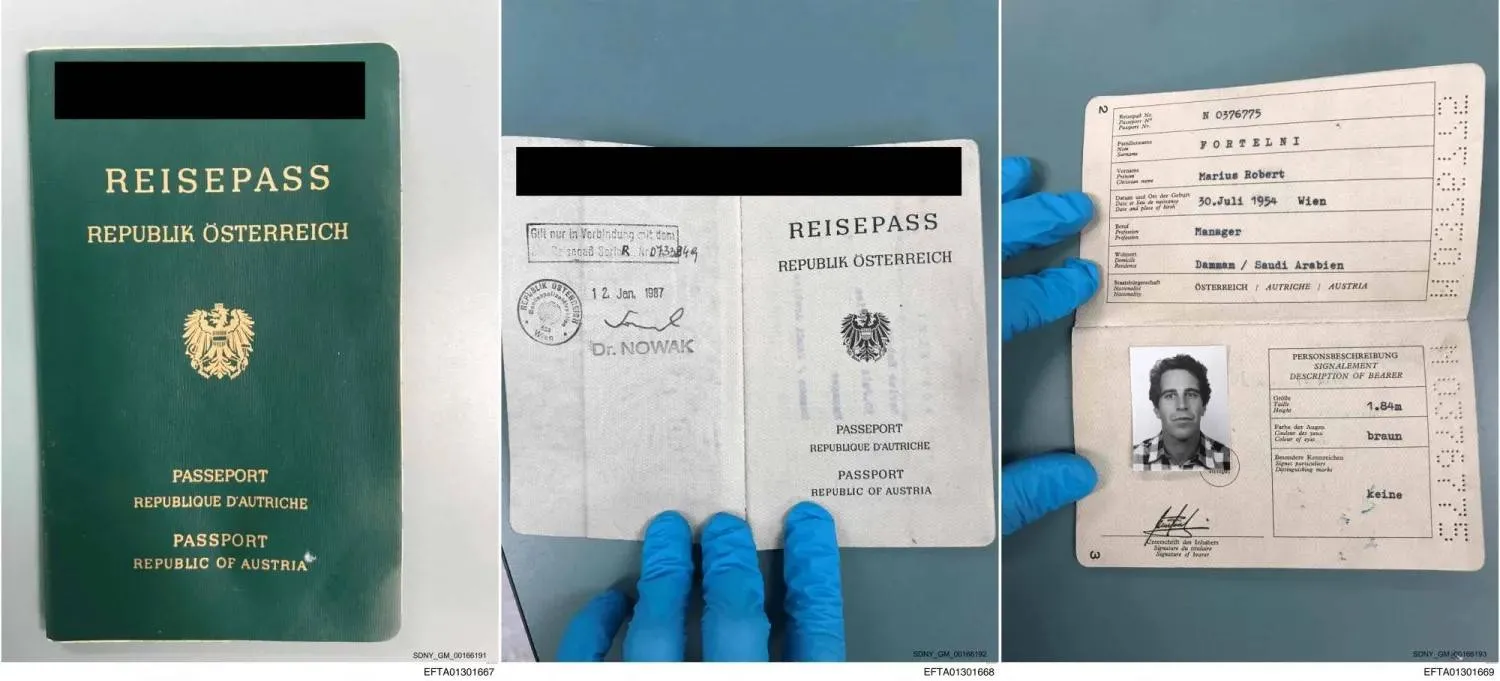Iran on Tuesday identified the five prisoners it hopes to see freed in the United States in exchange for five Iranian-Americans now held in Tehran and billions in assets once held by South Korea.
The acknowledgment by the Iranian mission to the United Nations in New York comes as the Biden administration has issued a blanket waiver for international banks to transfer $6 billion in frozen Iranian money from South Korea to Qatar without fear of US sanctions.
The moves by both Tehran and Washington appear to signal the prisoner swap is progressing as the money once held in South Korean won is converted into euros and moved to Qatar, where Iran will be able to use it for humanitarian purposes.
In a statement to The Associated Press, Ali Karimi Magham, a spokesman for the Iranian mission, confirmed the list of prisoners that Tehran wants released.
The five sought by the Iranians are:
— Kaveh Lotfolah Afrasiabi, an Iranian charged in 2021 with allegedly failing to register as a foreign agent on Iran's behalf while lobbying US officials on issues like nuclear policy;
— Mehrdad Ansari, an Iranian sentenced to 63 months in prison in 2021 for obtaining equipment that could be used in missiles, electronic warfare, nuclear weapons and other military gear;
— Amin Hasanzadeh, an Iranian and permanent resident of the United States whom prosecutors charged in 2019 with allegedly stealing engineering plans from his employer to send to Iran;
— Reza Sarhangpour Kafrani, an Iranian charged in 2021 over allegedly unlawfully exporting laboratory equipment to Iran; and
— Kambiz Attar Kashani, an Iranian-American sentenced in February to 30 months in prison for purchasing “sophisticated, top-tier US electronic equipment and software” through front companies in the United Arab Emirates.
The US State Department did not immediately respond to a request for comment about the list.
The news website Al-Monitor, relying on a statement from the Iranian mission, first reported the Iranians' identities on Monday.
On the US side, Washington seeks the release of Siamak Namazi, who was detained in Iran in 2015 and later sentenced to 10 years in prison on internationally criticized spying charges; Emad Sharghi, a venture capitalist sentenced to 10 years; and Morad Tahbaz, a British-American conservationist of Iranian descent who was arrested in 2018 and also received a 10-year sentence.
The fourth and fifth prisoners were not identified. All five are under house arrest at a hotel in Tehran.
US Republicans have criticized the possibility of an exchange, which is under discussion amid heightened tensions between Iran and the West over its nuclear program, as well as a series of ship seizures and attacks attributed to Tehran.
The Pentagon is considering a plan to put US troops on board commercial ships in the Strait of Hormuz, through which 20% of all oil shipments pass moving out of the Arabian Gulf.
A major deployment of US sailors and Marines, alongside F-35s, F-16s and other military aircraft, is also underway in the region. Meanwhile, Iran supplies Russia with the bomb-carrying drones Moscow uses to target sites during its war in Ukraine.









